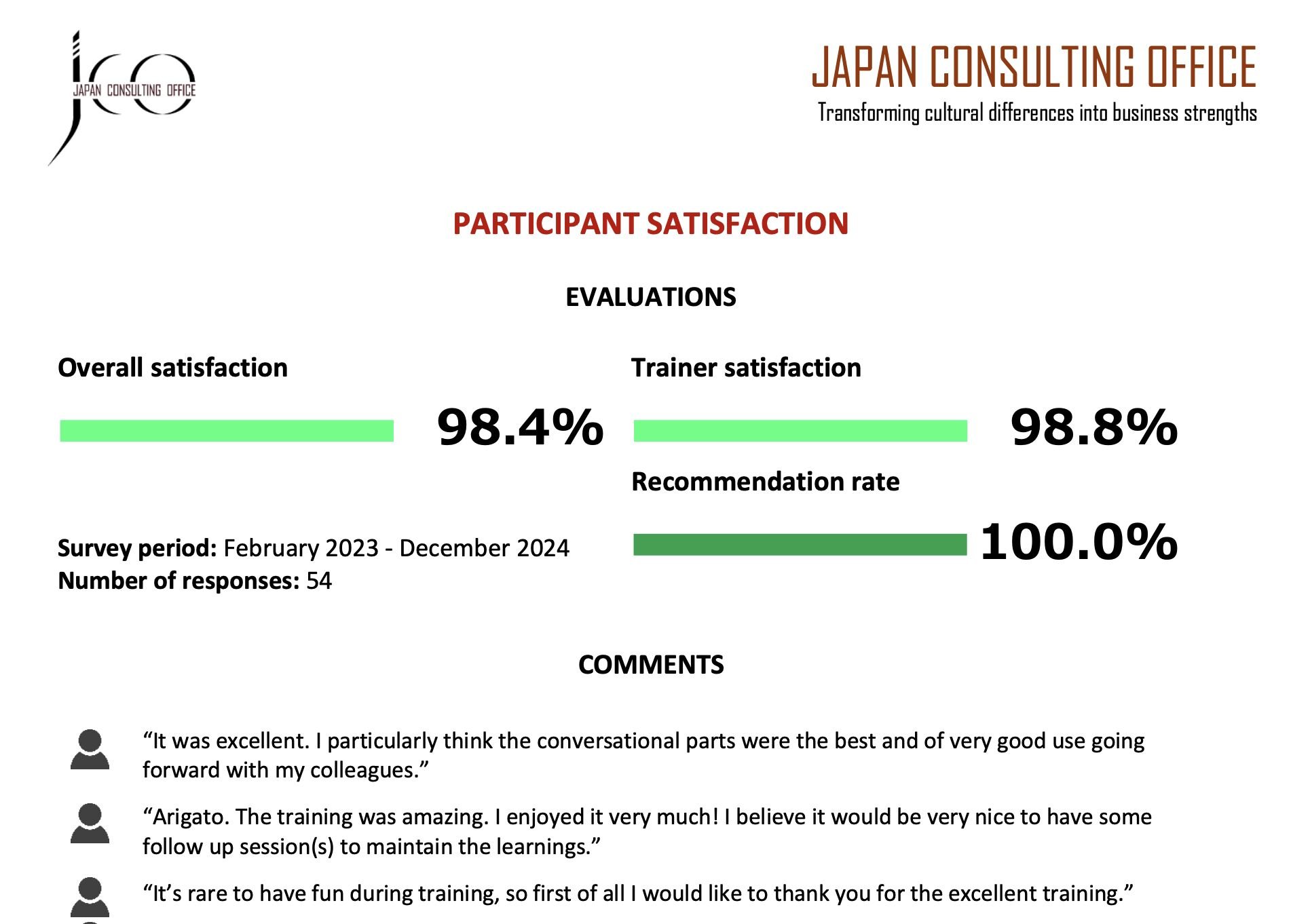Using coaching techniques at work Part 2: Dancing in the moment / Zen
One of the CTI coaching techniques I've found to be incredibly effective, especially with Japanese colleagues, is Dancing in the Moment. This technique refers to the coach's ability to be fully present, responsive, and flexible in the coaching relationship, adapting to the coachee's energy and evolving needs. It emphasizes being open to the unexpected, trusting the process, and allowing the conversation to flow naturally.
Failing to get updates from your Japanese colleagues this week? Of course! It's Golden Week!
Golden Week as we know it today began in 1948 when the Japanese government officially designated the holidays that make up the week (I think) in an effort to provide a legitimate 'excuse' for people to take a few successive days off after the busy start of the fiscal year. It became one of those few times a year when most Japanese workers feel they can take some time off without too much guilt.
Using coaching techniques at work Part 1: Level 3 Listening / Kūki wo yomu (空気を読む)
One of the coaching techniques I've found to be incredibly effective, especially with Japanese colleagues, is Level 3 Listening. Trust is crucial in Japanese culture, and by employing Level 3 Listening (Active Listening with empathy), I've been able to create a safer space for open dialogue, making my colleagues and clients feel more comfortable.
Is it rude to ask people to repeat themselves (again) if you haven't quite understood what they're saying?
This is a question I often get from both native English speakers and non-native speakers in the sessions that I facilitate for Japan Consulting Office. My take on this: as long as you're polite and kind, I would recommend to ask as many times as you need so that true communication can flow.
Yoroshiku onegaishimasu! How to build team relationships with simple Japanese words and phrases.
Learning a few Japanese phrases can significantly enhance team dynamics and create a more inclusive environment. Moreover, your colleagues know it's not easy to learn Japanese, so even if you only know a few words they will greatly appreciate your effort.
Why are your Japanese colleagues so busy right now? It's probably because of the new fiscal year!
The fiscal year in Japan starts off on April 1st and wraps up on March 31st. This timing is closely tied to the school year, making it a busy period for both businesses and schools.
Abbreviations and misunderstandings go hand in hand: make communicating with your Japanese team members simple and more fun!
When I first came to the US I was amazed at how often I'd see abbreviations in emails, documents - or even hear them spoken during meetings. Some of these were familiar, but lots were new. And, I later realized that when you change industries the same set of letters may mean something completely different!
Japan is risk-averse, so why is the Tokyo startup scene booming?
Japan is known for being risk-averse, so it might seem surprising that the startup scene in Tokyo is thriving. These changes will have an impact on your future dealings with Japanese companies so it's good to pay attention to them.









